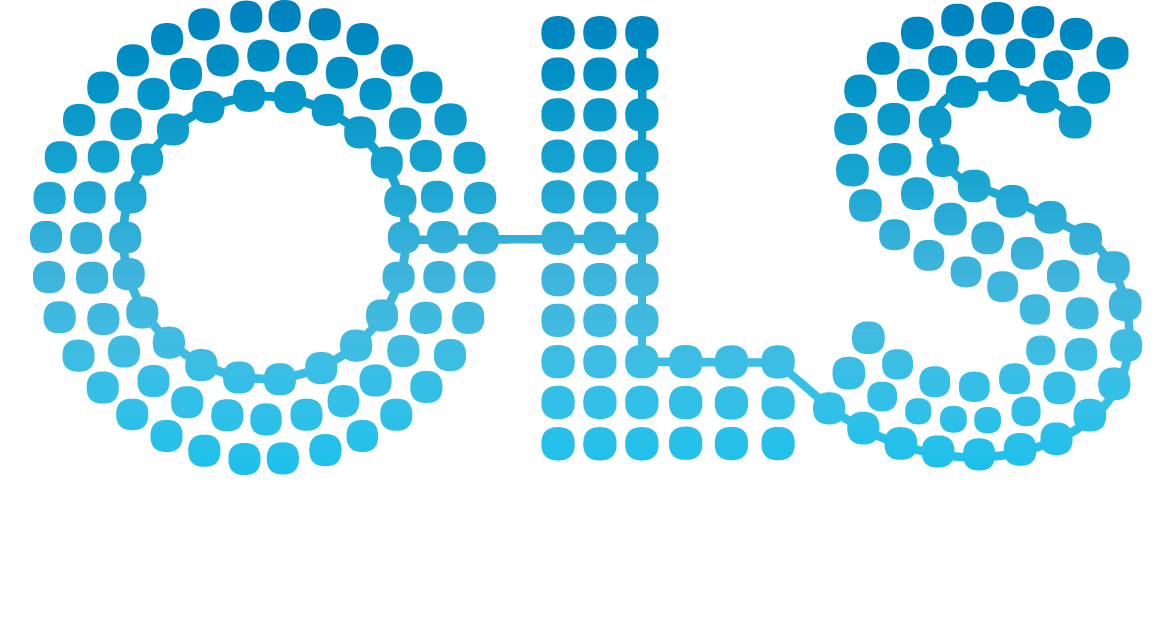interleukin-10
Go to external page http://ncicb.nci.nih.gov/xml/owl/EVS/Thesaurus.owl#Interleukin-10
Term information
Interleukin-10 (IL-10 or IL10), also known as human cytokine synthesis inhibitory factor (CSIF), is an anti-inflammatory cytokine. In humans IL-10 is encoded by the IL10 gene.[1] This cytokine is produced primarily by monocytes and to a lesser extent by lymphocytes. This cytokine has pleiotropic effects in immunoregulation and inflammation. It down-regulates the expression of Th1 cytokines, MHC class II antigens, and costimulatory molecules on macrophages. It also enhances B cell survival, proliferation, and antibody production. This cytokine can block NF-?B activity, and is involved in the regulation of the JAK-STAT signaling pathway. Knockout studies in mice suggested the function of this cytokine as an essential immunoregulator in the intestinal tract.[2] and indeed patients with Crohn's disease react favorably towards treatment with bacteria producing recombinant interleukin 10, showing the importance of interleukin 10 for counteracting excessive immunity in the human body.[3] A study in mice has shown that interleukin-10 is also produced by mast cells, counteracting the inflammatory effect that these cells have at the site of an allergic reaction.[4] source: http://en.wikipedia.org/wiki/Interleukin-10

